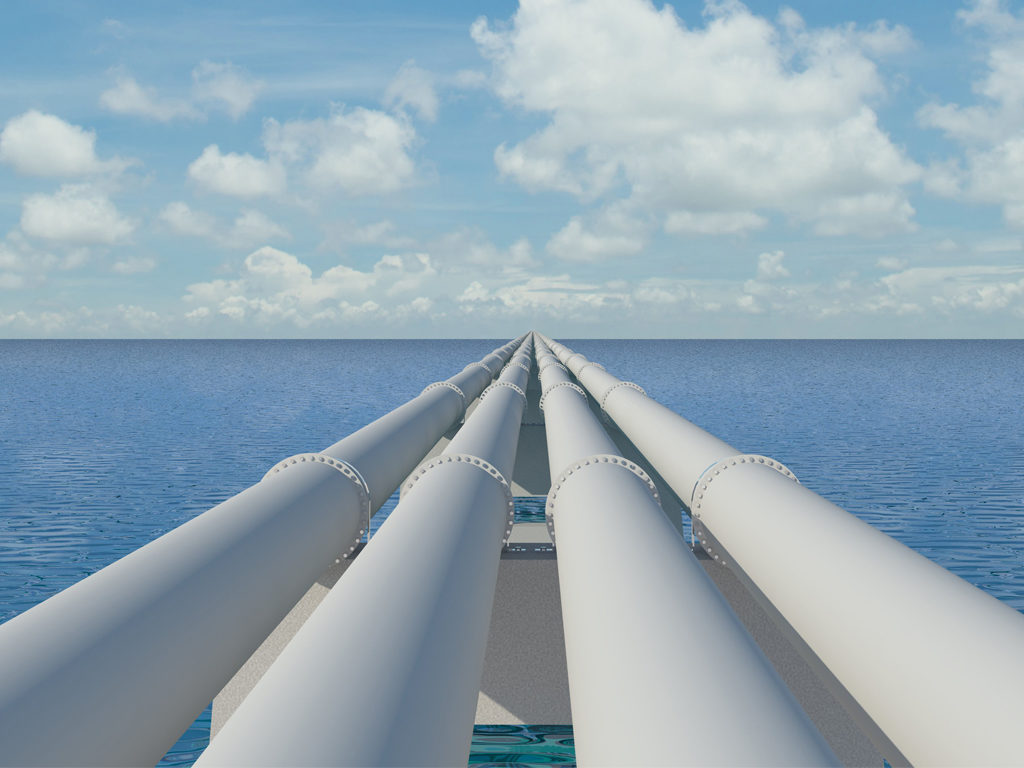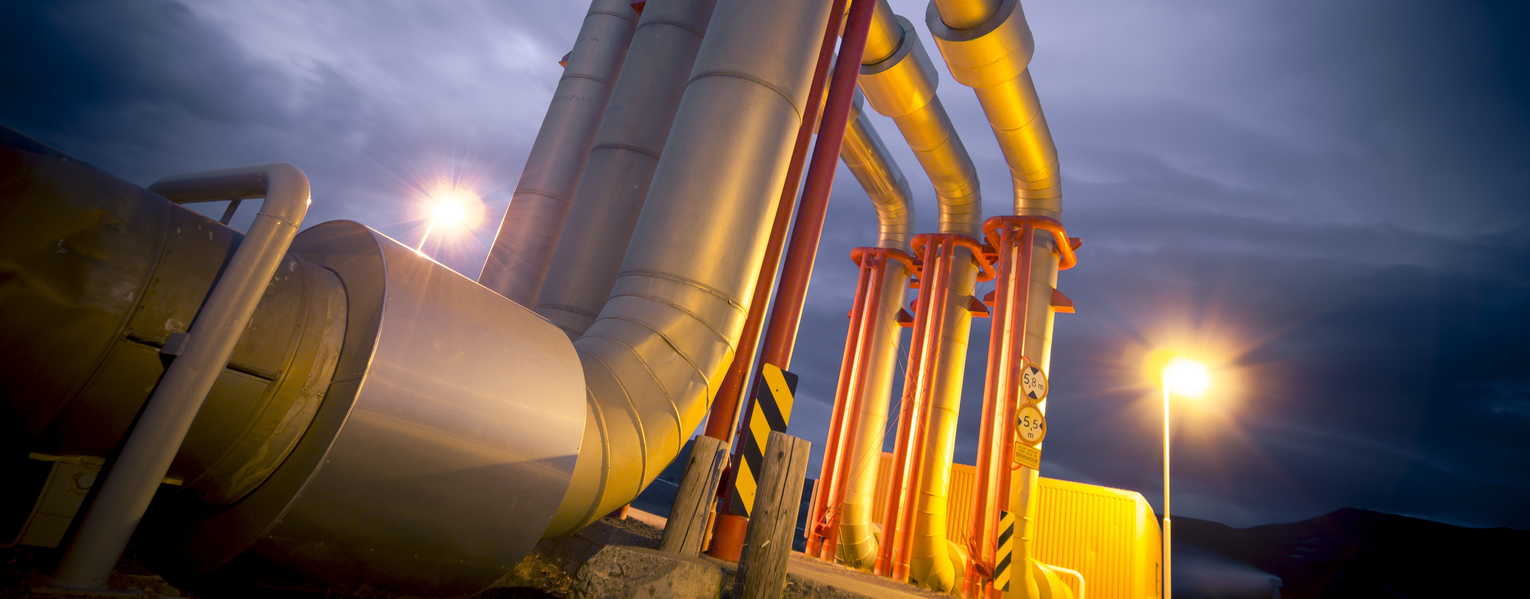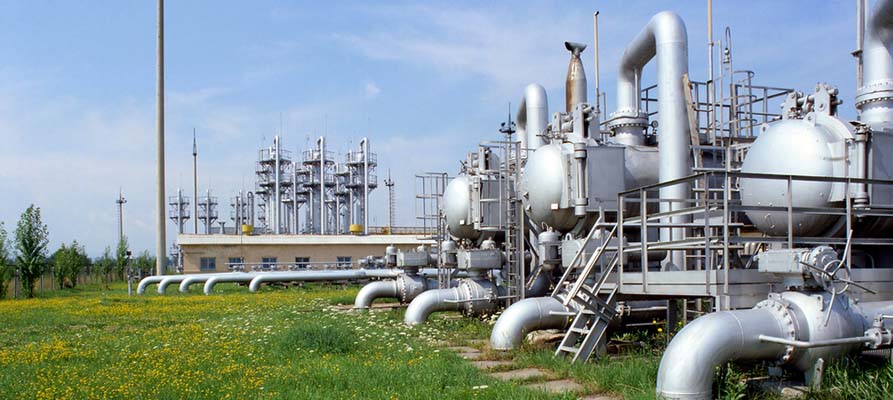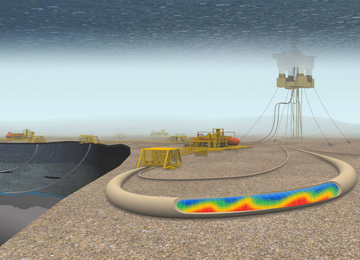

Petroleum, production, process, drilling engineers / operators / technicians / managers.
BTS attendance certificate will be issued to all attendees completing minimum of 75% of the total course duration.
| Code | Date | Venue | Fees | Register |
|---|---|---|---|---|
| PE143-01 | 31-05-2026 | Manama | USD 5450 | |
| PE143-02 | 19-07-2026 | Cairo | USD 5450 | |
| PE143-03 | 20-09-2026 | Amman | USD 5450 | |
| PE143-04 | 20-12-2026 | Dubai | USD 5450 |

Flow assurance is a relatively new term in oil and gas industry. It refers to ensuring successful and economical flow of hydrocarbon stream from reservoir to the point of sale. Flow assurance is most ...

This BTS Gas Conditioning & Processing training course covers the basic concepts and techniques necessary to design, specify and manage gas field production facilities. It includes complete and up-to ...

During this five-day course, you will learn how OLGA dynamic multiphase flow simulator is used to understand and solve typical flow assurance challenges. This interactive and practical course include ...
Providing services with a high quality that are satisfying the requirements
Appling the specifications and legalizations to ensure the quality of service.
Best utilization of resources for continually improving the business activities.
BTS keen to selects highly technical instructors based on professional field experience
Since BTS was established, it considered a training partner for world class oil & gas institution
1st floor, Incubator Buildingو Masdar City, Abu Dhabi, UAE
Sun to Fri 09:00 AM to 06:00 PM
Contact Us anytime!
Request Info